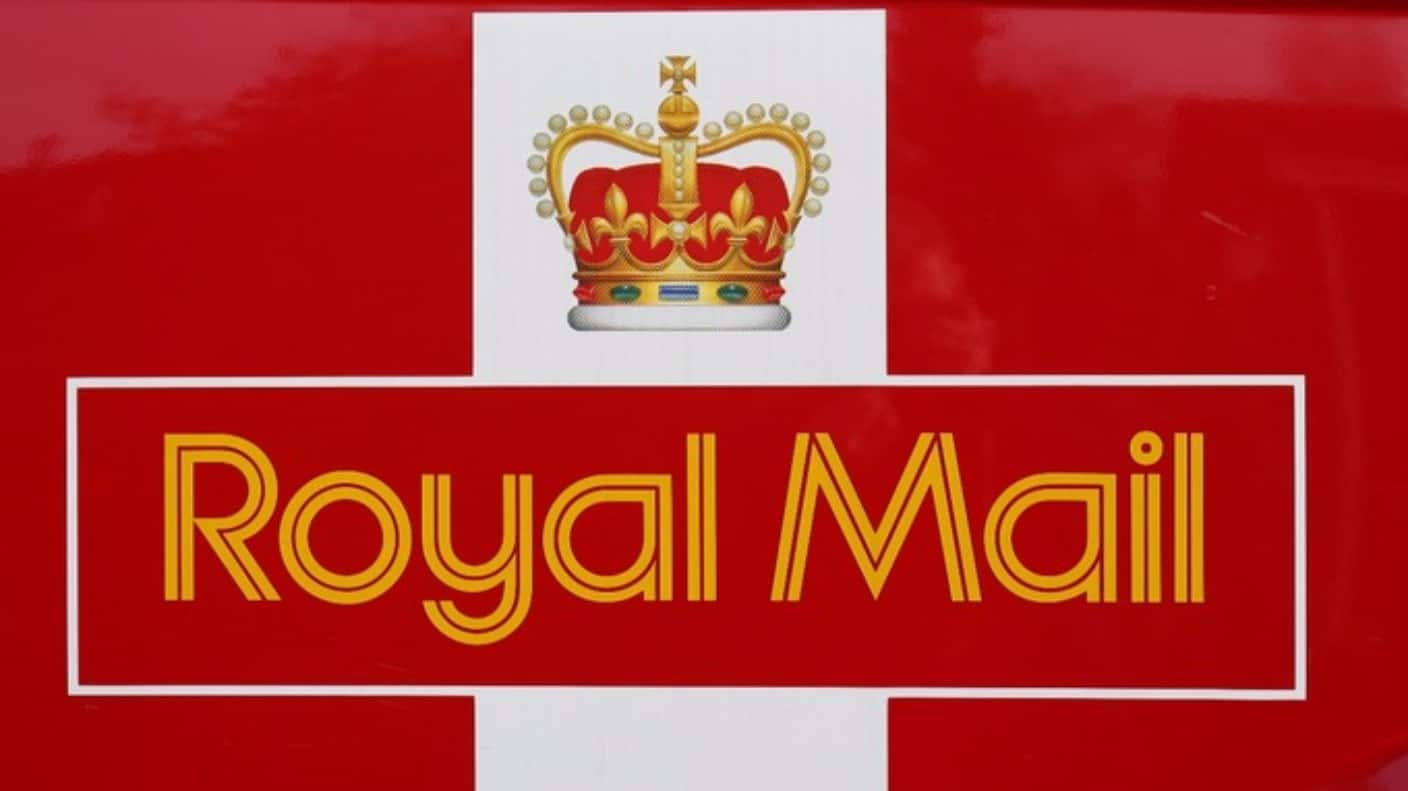
Ofcom has fined Royal Mail £50,000,000 for a serious breach of competition law after the company abused its dominant position by discriminating against its only major competitor delivering letters.
The penalty is the result of an investigation into a complaint, made to Ofcom by Whistl (one of Royal Mail’s wholesale customers). The complaint was about changes Royal Mail made to its wholesale customers’ contracts in early 2014, including wholesale price increases it was introducing. At the time, Whistl was expanding its business to compete directly with Royal Mail by delivering bulk mail to addresses in certain parts of the UK – becoming the first company to challenge Royal Mail’s monopoly in the large-scale delivery of bulk mail.
The 2014 wholesale price increases meant that any of Royal Mail’s wholesale customers seeking to compete with it by delivering letters in some parts of the country, as Whistl was, would have to pay higher prices in the remaining areas – where it used Royal Mail for delivery. Following notification of these new prices, Whistl suspended plans to extend delivery services to new areas.
Ofcom’s investigation has found Royal Mail’s actions amounted to anti-competitive discrimination against customers, such as Whistl, who sought to deliver bulk mail.
Jonathan Oxley, Ofcom’s competition group director, said: “Royal Mail broke the law by abusing its dominant position in bulk mail delivery. All companies must play by the rules. Royal Mail’s behaviour was unacceptable, and it denied postal users the potential benefits that come from effective competition.”
Royal Mail’s price changes
In January 2014, Royal Mail issued contractual notices to change its wholesale prices for other postal operators to access its delivery network.
These services, known as ‘access mail’, are worth £1.5bn to Royal Mail each year. They involve access operators such as Whistl collecting and sorting bulk mail from large organisations before handing mail over to Royal Mail to complete delivery.
Any company wishing to collect bulk mail has no choice but to use Royal Mail’s access mail services to deliver a large proportion of those letters. Royal Mail’s 2014 price changes involved different price plans for wholesale customers, depending on whether they were able to hit mail volume targets for areas covering the whole of the UK.
In practice, if a company wished to start delivering bulk mail in some parts of the country, as Whistl did, it would have to pay Royal Mail around 0.25p (1.2 per cent) more per letter than companies that used Royal Mail to deliver across the whole UK. In this way, Royal Mail sought to charge higher prices for the same services. Whistl complained to Ofcom that Royal Mail’s price changes were unlawful, and in February 2014 Ofcom opened an investigation under the Competition Act 1998.
What Ofcom has found
Royal Mail’s notified price changes discriminated against its competitors in bulk mail delivery. In effect, Royal Mail used its position as a near-monopoly provider of delivery services to penalise any wholesale customer that sought to compete with it in bulk mail delivery.
Royal Mail’s conduct was reasonably likely to put other companies at a competitive disadvantage and restrict competition from the moment the price changes were notified. The price difference between the price plans would have had a material impact on a delivery competitor’s profits, making it significantly harder for new companies to enter the bulk mail delivery market.
A Whistl spokesperson told Direct Commerce in a statement: “Ofcom has reviewed the facts concerning Royal Mail’s anti-competitive behaviour and has confirmed that the company acted unlawfully. Royal Mail’s actions had a hugely negative impact on investment in and the competitive health of the UK postal sector.
“We have to review the Ofcom findings in detail and establish the level of damages we can seek from Royal Mail. Initial advice is that Royal Mail is potentially liable to pay compensation for the significant damage that was caused to Whistl’s business, in addition to the fine imposed by Ofcom.
“We will provide an update on our strategy when we have reviewed our options.”








Share